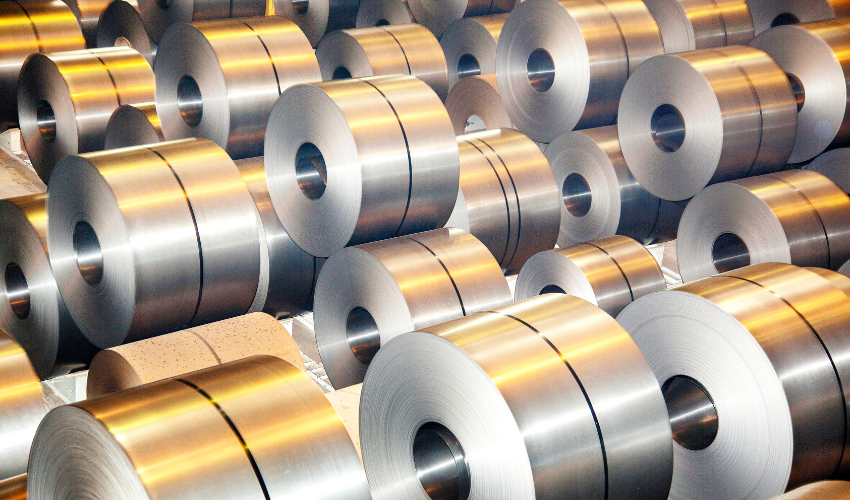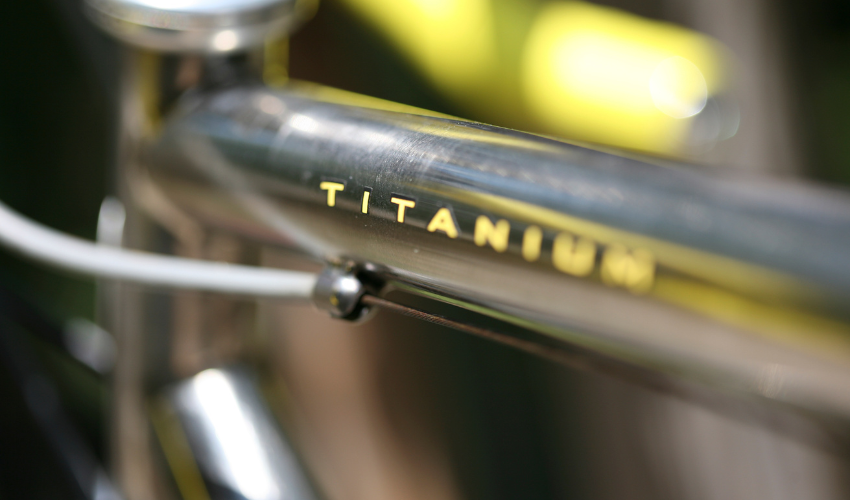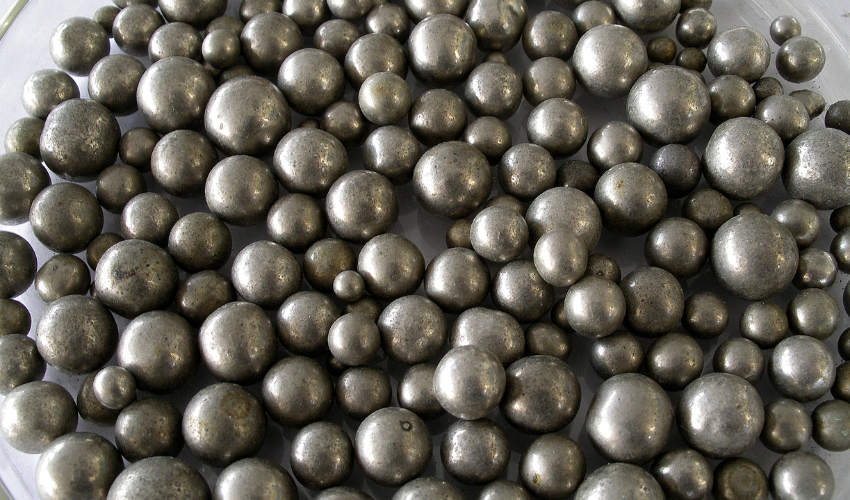From skyscrapers to spacecraft, the strength and durability of metals have made them indispensable in our modern world. However, not all metals are created equal when it comes to strength. So, what are the strongest metals on earth? In this article, we will explore the top 5 metals known for their exceptional strength and examine their properties, uses, and advantages.
Top 5 Strongest Metals on Earth
Tungsten – The Heavyweight Champion
Tungsten is the strongest metal on earth, with the highest tensile strength of any metal. It has a tensile strength of 1510 megapascals (MPa) and a high melting point of 3410°C. It is incredibly dense, which makes it ideal for high-temperature applications, such as rocket nozzles, furnace linings, and electrical contacts. Tungsten is also used in cutting tools, ballpoint pen tips, and jewelry.
Steel – The Versatile Powerhouse

Steel is one of the most ubiquitous metals on the planet and is known for its exceptional strength and durability. The tensile strength of steel ranges from 400 to 2500 MPa, depending on the type and composition. It is an alloy of iron, carbon, and other elements, which imparts its mechanical properties. The tensile strength of steel ranges from 400 to 2500 MPa, depending on the type and composition. It is used in construction, transportation, energy, and manufacturing industries, among others.
Titanium – The Aerospace Marvel

Titanium is a lightweight, corrosion-resistant metal with a high strength-to-weight ratio, making it ideal for aerospace applications. Its tensile strength ranges from 550 to 880 MPa, depending on the grade and processing. It is used in aircraft components, missiles, and spacecraft. Titanium is also used in medical implants, such as artificial hips and dental implants, due to its biocompatibility.
Chromium – The Corrosion Resistant Wonder

Chromium is a hard, corrosion-resistant metal used in many industrial and decorative applications. It has a tensile strength of 1280 MPa and is commonly used in stainless steel alloys It is used to make stainless steel, which is highly resistant to rust and corrosion. Chromium is also used in chrome plating, as a protective coating on car parts, and in the production of alloy steels.
Nickel – The High Temperature Hero

Nickel is a strong, corrosion-resistant metal with high temperature and pressure resistance. It has a tensile strength of 1400 MPa and is commonly used in alloys, such as Inconel and Hastelloy. It is used in gas turbines, nuclear power plants, and chemical processing equipment. Nickel alloys are also used in marine engineering, aerospace, and medical applications.
Steel Alloys
Steel alloys are some of the strongest metals on Earth. They are commonly used in construction, automotive manufacturing, and shipbuilding. Some of the strongest steel alloys include:
- Maraging Steel – with an ultimate tensile strength of up to 2500 megapascals, it is often used in aircraft landing gear and missile components.
- Damascus Steel – a composite steel that is highly resistant to bending and breaking, it is commonly used in knives and swords.
- Alloy Steel – with an ultimate tensile strength of up to 1900 megapascals, it is commonly used in construction and heavy machinery.
FAQs
What is the strongest metal in the world?
Tungsten is the strongest metal on earth, with the highest tensile strength of any metal.
Are there any stronger materials than metals?
Yes, some materials, such as carbon nanotubes and graphene, have higher tensile strength than any known metal.
What is the difference between ultimate tensile strength and yield strength?
Ultimate tensile strength is the maximum stress that a material can withstand before it breaks, while yield strength is the stress at which a material begins to deform plastically.
Why is tungsten used in electrical contacts?
Tungsten has a high melting point, low coefficient of thermal expansion, and excellent electrical conductivity, making it ideal for electrical contacts.
What is the difference between stainless steel and regular steel?
Stainless steel contains at least 10.5% chromium, which makes it highly resistant to corrosion and staining.
Can titanium be recycled?
Yes, titanium is highly recyclable, and the recycling process requires only a fraction of the energy needed to produce new titanium.
What is the strongest and lightest metal?
Titanium is the strongest and lightest metal, with a high strength-to-weight ratio.
What is the most expensive metal in the world?
Rhodium is currently the most expensive metal in the world, valued at over $28,000 per kilogram.
Which metal is used to make bulletproof vests?
Kevlar is not a metal, it is a synthetic material used in bulletproof vests.
Conclusion:
The strength of metals has revolutionized our lives, enabling us to build taller, faster, and stronger structures, and travel further into space. The strongest metals on earth, such as tungsten, steel, chromium, titanium, and nickel, have unique properties and applications that make them invaluable in various industries.
Understanding the factors that make these metals strong, and their applications, can inspire innovation and the development of new materials that can further advance human progress.






















